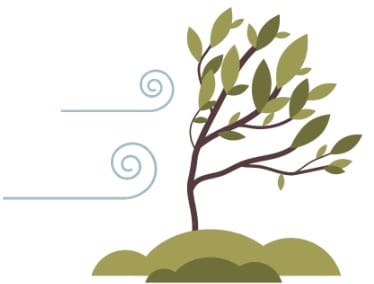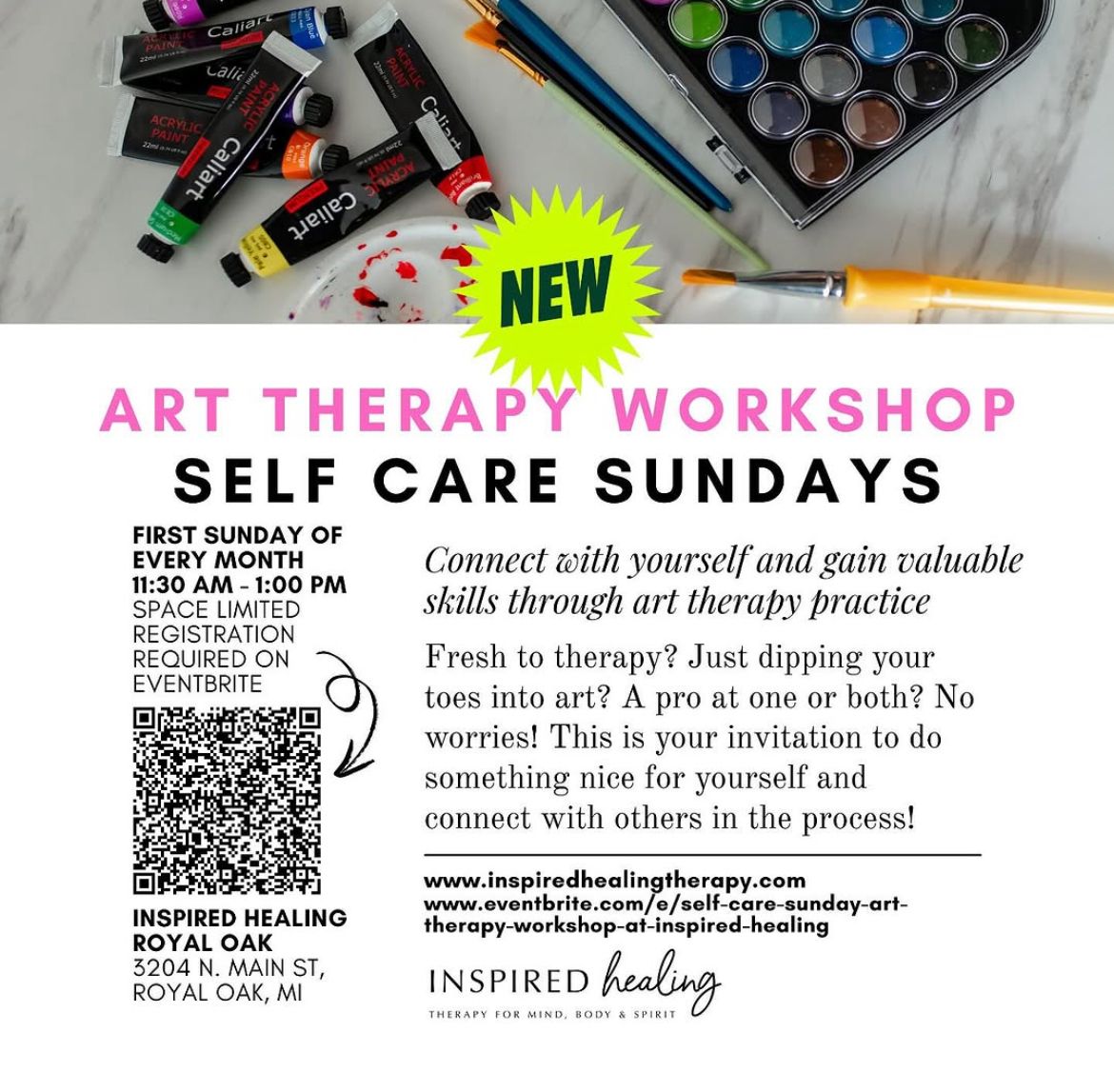- The Brain Blooms Newsletter
- Posts
- Cultivating Resilience
Cultivating Resilience
How we can grow from our past to positively shape our future

How past adversity shapes resilience - and why support matters
🪴 What if a little stress wasn’t all bad?
We don’t often think of struggle as a gift. But emerging research suggests that our past experiences—including the stressful, adverse, and traumatic ones—can shape how we respond to future challenges.
During the COVID-19 pandemic, youth around the world experienced isolation, disrupted routines, and growing anxiety. For refugee youth who had already endured conflict and displacement, the stress hit differently.
What happens when past trauma meets a global crisis? That’s what our latest study asked—and what we found could change how we support kids moving forward.

🧪 What the research says
In our study, we followed 66 youth who resettled as refugees and were living in the U.S. Each had faced varying levels of trauma exposure. We wanted to know: did their past experiences change the way they responded to the stress of the pandemic?
Here’s what we discovered:
🟢 Youth with low-to-moderate trauma had the lowest levels of pandemic-related stress.
🟡 Those with no-to-minimal trauma showed slightly higher stress.
🔴 Youth with high trauma exposure experienced the highest levels of COVID-related stress.
This pattern supports what’s known as the challenge model of resilience: experiencing some adversity can prepare young people to handle future stress, however lots of adversity can be overwhelming and put youth at greater risk when faced with future challenges.

🌱 Why it matters
We don’t want anyone to have to experience hardship to build resilience. But we can do a better job at helping each other navigate the inevitable stressors of life. This means:
✅ Creating supportive environments and teaching kids emotional regulation and stress coping skills in schools
✅ Recognize that resilience is dynamic, not fixed. No child should have to build resilience alone. Rather, we can train caregivers and educators in supportive, trauma-informed practices
✅ Investing in arts, movement, and community enrichment programs that help youth express and process their experiences while building social connectedness.

🧠 Resilience isn't a trait—it's a process. It's not about being unaffected, it's about being supported.
📖 Want to dig deeper?
We invite you to explore the full peer-reviewed study:
|
💬 Final thought
Resilience isn’t about "toughing it out." It’s about learning how to get through—with support, community, and tools that help us stay grounded in hard times.
We owe it to our youth—not to prepare them for the worst, but to give them the best chance to face whatever sunshine, clouds, or storms come next.
The Greenhouse of the Mind:
Resources to Help You Bloom

Help Support Science Content & Communication
Our team is so excited to get the word out to the people we serve and inform for FREE … and your support will allow us to put more resources and energy into doing precisely that.
Your donations help fund the creation of content that translates our research into practice.
Consider supporting our outreach efforts:

